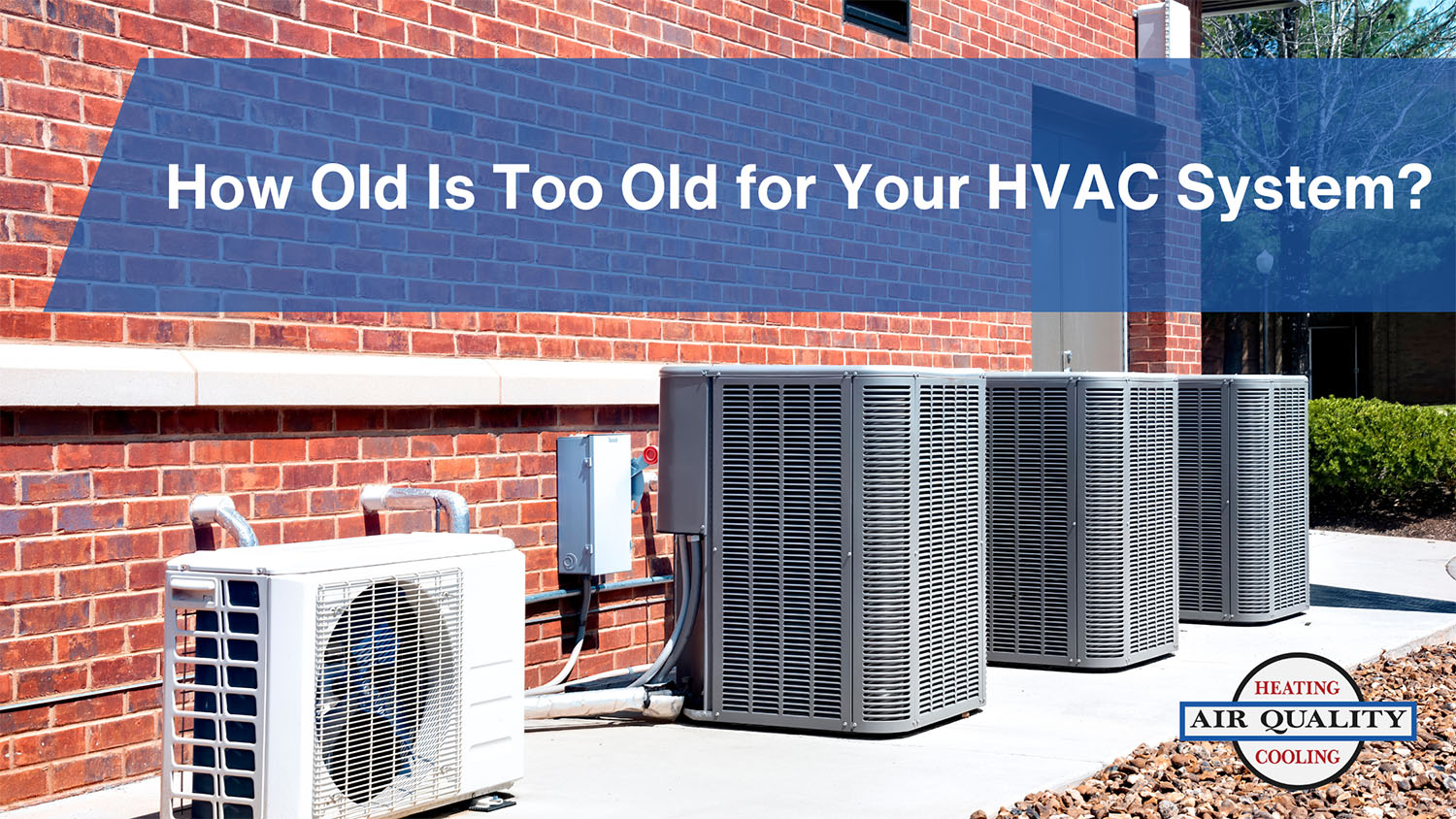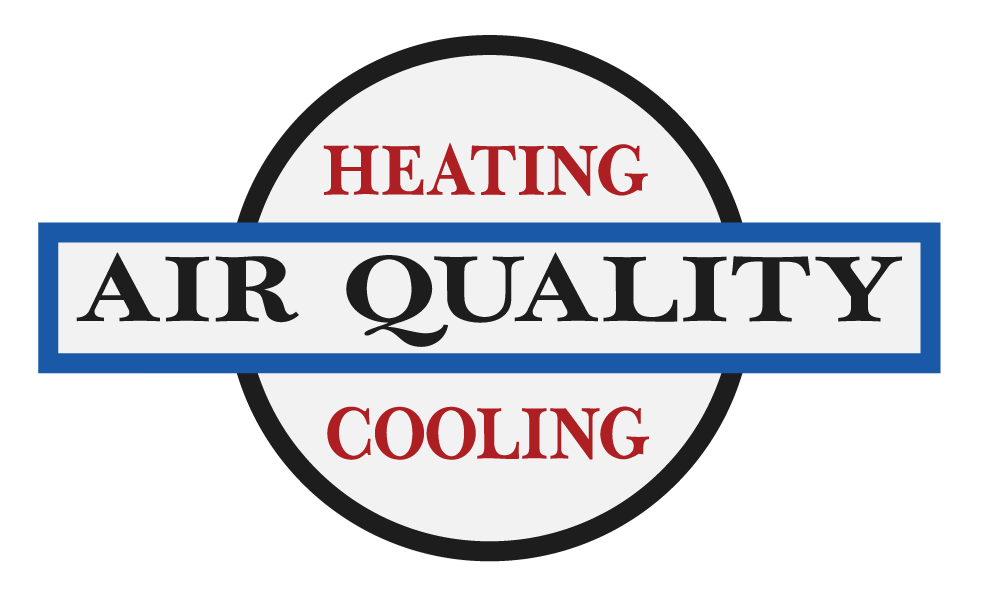
If you’re wondering whether your HVAC system is reaching the end of its lifespan, you're not alone. Many homeowners are unsure of when to replace their heating and cooling systems. The truth is, HVAC systems have a limited lifespan, and if yours is pushing the 15-20 year mark, it's time to start thinking about maintenance or replacement.
In this article, we’ll explore the key signs that your HVAC system might be getting too old, why age matters, and how regular HVAC maintenance can keep your system running smoothly—or help you decide when it’s time for a replacement.
The Lifespan of Your HVAC System
Most HVAC systems are designed to last between 15 and 20 years, depending on the manufacturer, usage, and maintenance. However, as your system ages, it becomes more prone to wear and tear. The older your system gets, the harder it is to ensure reliability, safety, and efficiency.
Why Age Matters
As your HVAC system ages, it’s more likely to experience problems like:
-
Reliability Issues: Older systems are less dependable. If you leave the house, you might worry about whether your furnace will continue to work properly, especially if you're relying on it to keep your home warm while you're away. After the 15-year mark, breakdowns become more common, leading to higher repair costs and unexpected inconveniences.
-
Safety Concerns: One of the biggest risks of an aging HVAC system is the potential for dangerous issues like carbon monoxide leaks. Stress cracks can form in your heat exchanger, which can result in carbon monoxide poisoning. This is a serious safety concern and a leading reason why you don’t want to ignore your HVAC system when it’s getting old.
-
Cost of Repairs: After a certain point, the cost of repairs often outweighs the cost of replacement. If your system is nearing 20 years old and is breaking down frequently, it might be time to start looking at newer, more efficient options.
Signs Your HVAC System Needs Replacing
While regular maintenance can prolong the life of your HVAC system, there are some signs that indicate it’s nearing the end of its useful life. Here are a few red flags to watch for:
-
Frequent Breakdowns: If your furnace or air conditioner is breaking down often, it's a clear sign that it's reaching the end of its life. Repeated repairs can add up quickly, and before long, it could cost more to keep fixing your system than to replace it with a new, more efficient model.
-
Uneven Heating or Cooling: Do you notice that certain rooms are too hot or too cold, no matter how you adjust the thermostat? This could be a sign of an inefficient HVAC system. An old HVAC system struggles to distribute air evenly, and this could mean that it’s no longer working as effectively as it once did.
-
Rising Energy Bills: Older HVAC systems aren’t as efficient as modern units. If your energy bills are climbing despite no major changes in your home’s usage, it could be a sign that your system is working overtime to keep your home comfortable. Replacing your old unit with a new, energy-efficient system could lead to significant savings.
-
Strange Noises: Unusual noises like rattling, buzzing, or banging sounds are never a good sign. These could indicate that your system’s components are wearing out and need immediate attention. If your HVAC is making noise, it could be time to start thinking about replacement.
The Importance of Preventive Maintenance
If your HVAC system is under 20 years old and you want to make sure it runs as smoothly as possible, regular maintenance is key. Just like changing the oil in your car, scheduling annual HVAC service is a smart investment that can keep your system running efficiently for years to come.
How Preventive Maintenance Helps
-
Safety Checks: During a maintenance visit, technicians check critical components, like the heat exchanger, for stress cracks that could cause carbon monoxide leaks. This is a crucial safety measure, especially for older systems.
-
Extended Lifespan: Regular cleaning and inspection help prevent premature wear on your system, potentially adding years to its life. In fact, a well-maintained system can often last longer than one that’s neglected.
-
Maximized Efficiency: Regular tune-ups ensure that your system is running as efficiently as possible, which can save you money on energy bills and prevent breakdowns when you need your system most.
When to Schedule HVAC Maintenance
To avoid emergency repairs, it’s wise to schedule HVAC maintenance at least once a year. Ideally, you should have your system serviced before the heating season in fall and the cooling season in spring. This ensures your system is in top shape when you need it the most.
Replacing Your HVAC System
If your system is showing signs of major problems, or if it’s pushing the 20-year mark, you might be looking at a full replacement. Here’s what you need to know about the replacement process:
The Installation Process
Replacing an HVAC system is not a simple task. Depending on your home, the size of the system, and any additional installation requirements, it could take a full day or more to complete the job. While this might sound like an inconvenience, remember that a new system will save you money in the long run by being more efficient and reliable.
Finding the Right HVAC Contractor
When it's time to replace your system, you want to work with a trusted, experienced professional who can ensure that your new unit is properly installed. Look for a company with a good reputation—online reviews, referrals from friends and family, and years of experience are all signs of a company you can trust.
At Air Quality Mechanical, we've been proudly serving our local community for over 30 years. As a family-owned business, we treat our customers like family, ensuring that you receive the highest level of service and peace of mind.
Conclusion: Don't Wait Until It's Too Late
If your HVAC system is more than 15 years old, it’s time to start considering maintenance or replacement. Regular HVAC maintenance can help you avoid dangerous breakdowns and costly repairs, while also improving the efficiency and safety of your system.
If you're unsure whether it’s time to replace your old furnace or air conditioner, call us at Air Quality Mechanical for a thorough inspection and peace of mind. We're here to help ensure your home stays safe and comfortable year-round.
